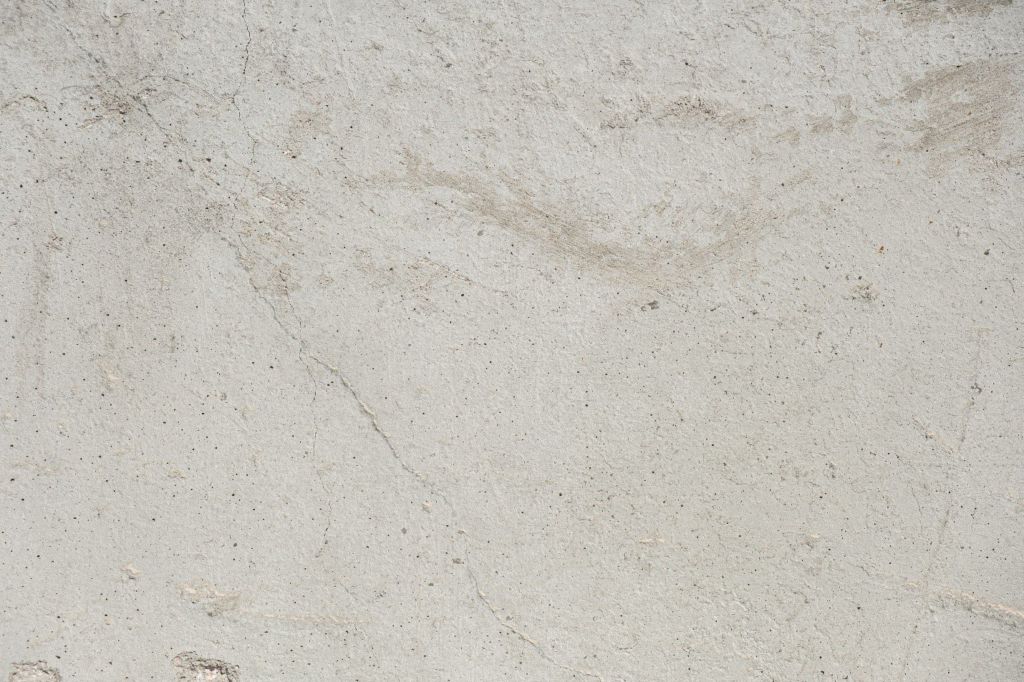Sealer offers several important benefits to your freshly laid concrete. Some benefits include enhancing its appearance and protecting it from stains, weather damage, and more. But not all sealer is created equal. There are nearly a dozen common kinds of sealers that act in fundamentally different ways and provide a variety of enhancements and levels of protection.
By choosing the right kind of sealer for the job, you’ll ensure that your concrete looks its best for as long as possible. Today, we’re going to look at five of the most common kinds.
Acrylic Sealer for Concrete
Acrylic sealers cost less than other kinds of concrete sealants. This may be why many people in the concrete industry prefer them to their peers. They’re also easy to apply, and some are even UV resistant. They are a great choice for any location where water or chloride are common (think swimming pools and hot tubs). They’re also the number one driveway sealer on the market. You can find acrylic sealers in both water-based and solvent-based varieties, each with its respective benefits and drawbacks.
Penetrating Sealer for Concrete
Penetrating sealers react chemically with the surface of your concrete. Once applied, they keep moisture out of your concrete while allowing any vapor to escape from within. One of the potential advantages of penetrating sealer is that they do not alter your concrete’s appearance. If you already like the way your concrete looks, a penetrating sealer will leave it exactly as is. In addition, they are resistant to high heat and freezing temperatures. Penetrating sealers are generally used only on outdoor surfaces.
Epoxy Sealer for Concrete
Epoxy sealers leave a thick coating that offers high levels of protection. They are also excellent at repelling water and are often used to coat concrete countertops, interior stained concrete, and high foot traffic areas. One of the reasons for their popularity in in-home applications is because they can be colored using pigments, allowing them to match any interior. And unlike acrylic sealers, an anti-slip aggregate can be added to them, making them perfect for the garage or other floors. Unfortunately, epoxy sealers are vulnerable to UV light, meaning they don’t do well outside.
Polyurethane Sealer for Concrete
Polyurethane sealers lie somewhere in between acrylic and epoxy options. Like acrylic, they come in both solvent-based and water-based forms. They also form a layer of protection on top of your concrete. However, the layer they form is not as thick as an epoxy sealer. They are also highly resistant to chemicals and abrasion. They are commonly used on kitchen countertops and in high foot traffic areas like epoxy sealers. But since they are non-yellowing and more UV resistant, they can be used outdoors and indoors.
Silicate Sealer for Concrete
Like penetrating sealers, silicate sealers won’t alter the look of your concrete. This type of sealer doesn’t leave a film on the surface like an acrylic sealer. Instead, they react with your concrete to increase its density. Unfortunately, they do not protect against water erosion.
In addition to these kinds of sealers, you should also consider the benefits of polyaspartic sealer, silicone sealer, and silane sealer.
See the different sealer for concrete options we have for your project. To purchase, search for a concrete sealer distributor near you.

